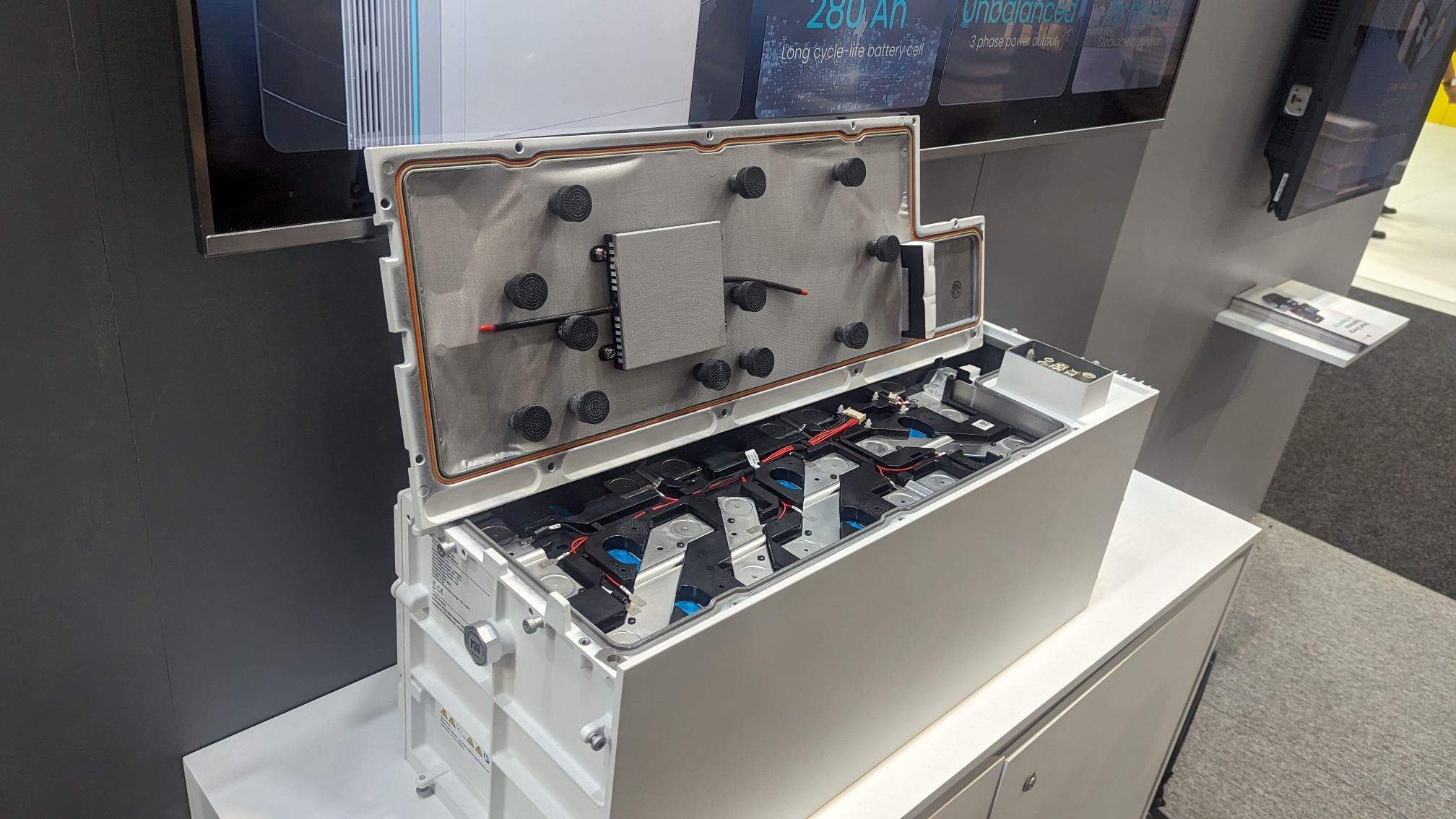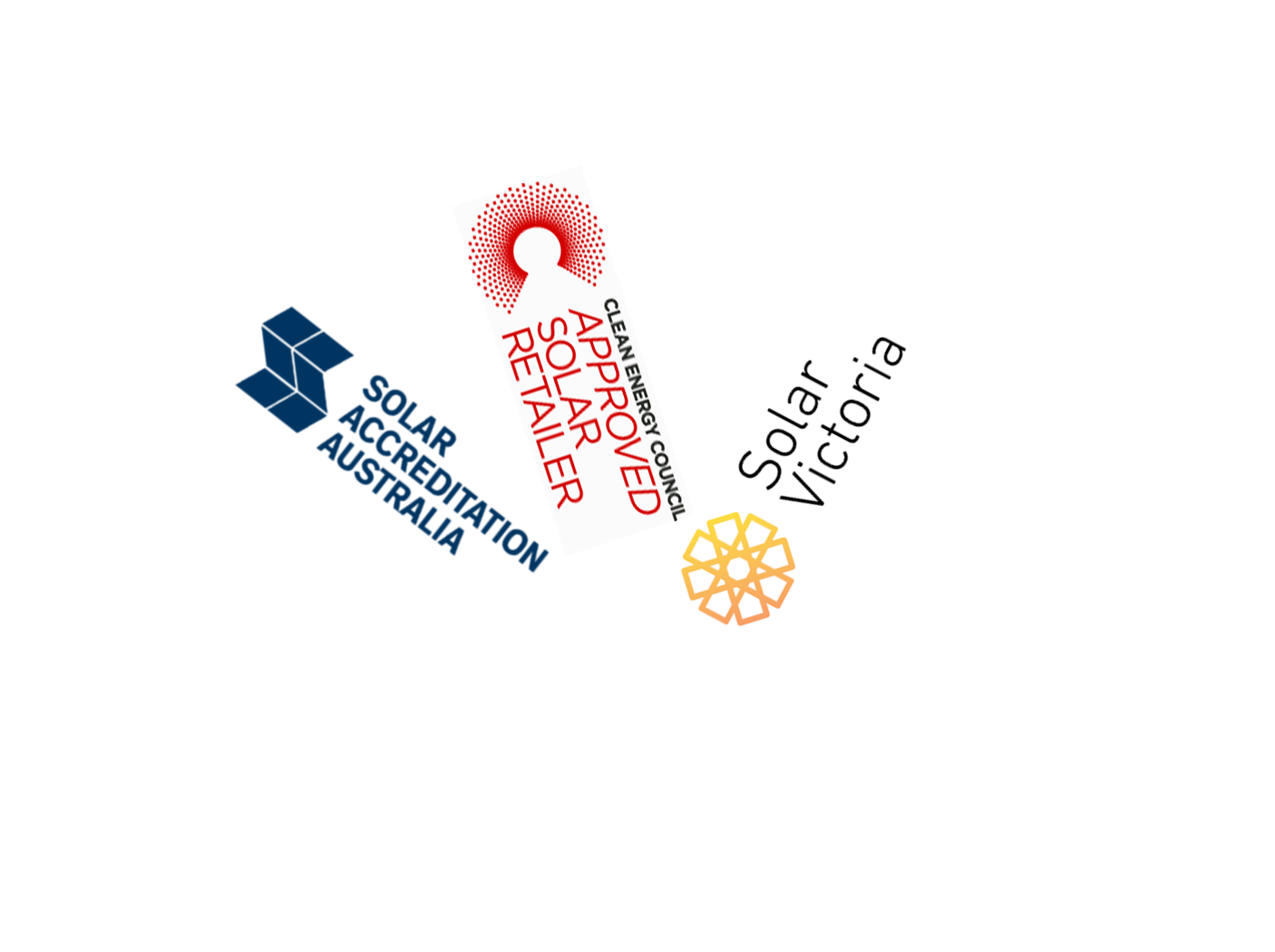
- Lithium-ion (Li-ion): These are the most widely used type of lithium batteries, found in everything from smartphones and laptops to electric vehicles and energy storage systems. They have a high energy density and a relatively low self-discharge rate.
- Lithium-polymer (LiPo): Similar to Li-ion, LiPo batteries are often used in portable electronics and remote-controlled devices. They are known for their lightweight and flexible form factor, as they can be made into various shapes and sizes.
- Lithium iron phosphate (LiFePO4): These batteries are known for their long life, safety, and stability. They are commonly used in applications where safety and longevity are critical, such as in solar energy storage systems and electric vehicles.
- Lithium titanate (LTO): LTO batteries have excellent safety characteristics, fast charging capabilities, and a wide operating temperature range. They are often used in applications that require rapid charging and discharging, such as in some electric buses and energy storage systems.
- Lithium manganese oxide (LMO): LMO batteries are known for their high power output and thermal stability. They are commonly used in power tools, medical devices, and some hybrid electric vehicles.
- Lithium nickel manganese cobalt oxide (NMC): NMC batteries offer a good balance of energy density, power, and safety. They are widely used in electric vehicles, portable electronics, and energy storage systems.
Each type of lithium battery has its own advantages and disadvantages, making them suitable for different applications based on factors like energy density, power output, safety, and cost.
In solar energy systems, the most commonly used types of lithium batteries are:
- Lithium-ion (Li-ion): Due to their high energy density and efficiency, Li-ion batteries are widely used in residential and commercial solar energy storage systems. They are often chosen for their ability to store a large amount of energy in a relatively small space.
- Lithium iron phosphate (LiFePO4): LiFePO4 batteries are particularly popular in solar energy systems because of their long lifespan, safety, and thermal stability. They are well-suited for applications where safety and longevity are crucial, such as in off-grid solar setups and backup power systems.
Both Li-ion and LiFePO4 batteries are favored in solar energy applications for their ability to efficiently store and discharge energy, making them excellent choices for pairing with solar panels to ensure a reliable and sustainable power supply.



